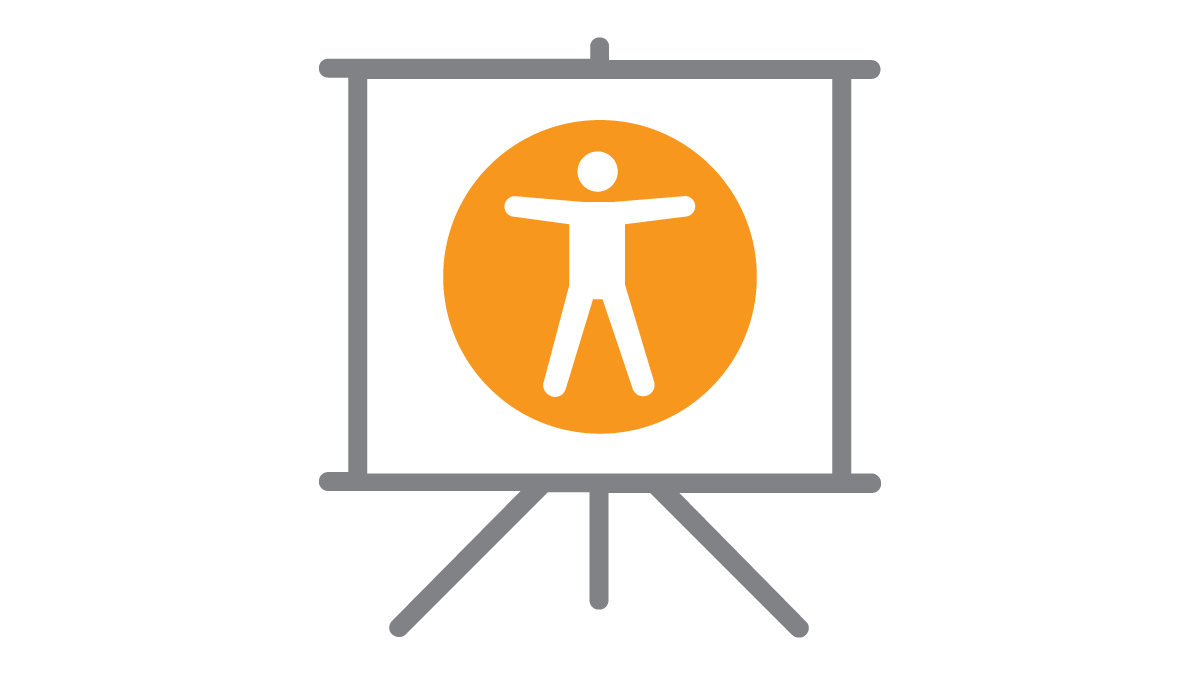
Accessibility was one of the many takeaways from UT’s first diversity summit for faculty and staff held in April 2015.
“It’s a right that everyone has the same equal access and ability to succeed,” explained Jeanneda Gilbert, disabilities services specialist in the Office of Disability Services at UT Martin. “You may think you’re helping a few specific individuals, but there are likely others in your class, listening to your presentation or attending your event who have needs and are trying to manage on their own. When you focus on accessibility and offer accommodations for everyone—everyone benefits.”
Staff from UT’s various Offices of Equity, Diversity and Disability Services have provided the following guidelines and suggestions to make sure you’re contributing to an accessible and inclusive working and learning environment.
When Presenting to a Group
- Provide materials to all participants in advance and in electronic format.
- Respond promptly to requests for accommodations, and take advantage of on-campus resources if you need help.
- Make sure videos shown include captions.
- Read or describe bullets, photos, graphics and charts.
- Present at a comfortable and considerate pace.
- Ensure font sizes are adequate on all electronic and print materials.
- Use specific language when referring to a section of the room, how many participants raised their hands, etc.
- Don’t panic if you use words like ‘walk’, ‘hear’ and ‘see’.
When Planning and Hosting an Event
- Include a statement about accommodation needs in invitations, announcements and reminders:
“To request disability-related accommodations, please contact [hosting office and contact information] at least [X days/weeks] prior to the event.” - Make sure signage notes accessible parking, entrances and restrooms.
- Plan for accessible tables and seating.
- Ensure paths are navigable.
- Designate someone to assist in carrying materials, meals or other items.
- Always ask how you can help before providing assistance.
These are just a few things to consider when it comes to accessibility. To learn more, take advantage of the many group trainings, online resources and individual support services available at each campus and institute.
Tags: Accessibility, Diversity, Diversity Summit, Inclusion

